

2018-06-02 09:35:00 Sat ET
technology antitrust competition bilateral trade free trade fair trade trade agreement trade surplus trade deficit multilateralism neoliberalism world trade organization regulation public utility current account compliance
The finance ministers of Britain, Canada, France, Germany, Italy, and Japan team up against U.S. President Donald Trump and Treasury Secretary Steven Mnuchin at a G7 forum. These finance ministers suggest that the recent U.S. trade actions undermine economic confidence in the Western alliance.
The G6 delegation requests Mnuchin to communicate their unanimous concern and disappointment to President Trump. Meanwhile, Commerce Secretary Wilbur Ross completes his recent trade talks in China with little sign of progress. In China, the state-run news agency Xinhua states that all the economic outcomes of recent trade talks will not take effect if the U.S. imposes any tariffs or other trade sanctions. These recent developments suggest the delicate balance that both Mnuchin and Ross need to maintain as Trump moves forward with 25% tariffs on aluminum and 10% tariffs on steel from his close Western allies and another $50 billion tariffs on Chinese imports.
OECD figures suggest that the current global economic growth rate is 3.8% without any exogenous tariff shocks. S&P chief economist Paul Gruenwald suggests that these tariffs can take a quarter off the world's economic growth rate in a Sino-U.S. trade war. The European Central Bank's projections also warn of a 1% contraction in global economic growth in the first year of Trump tariffs. The medium-term real effects of Trump tariffs may be detrimental to global economic growth and stock market resilience.
If any of our AYA Analytica financial health memos (FHM), blog posts, ebooks, newsletters, and notifications etc, or any other form of online content curation, involves potential copyright concerns, please feel free to contact us at service@ayafintech.network so that we can remove relevant content in response to any such request within a reasonable time frame.
2025-06-13 08:23:00 Friday ET

What are the mainstream legal origins of President Trump’s new tariff policies? We delve into the mainstream legal origins of President Trump&rsquo
2025-09-14 14:23:00 Sunday ET
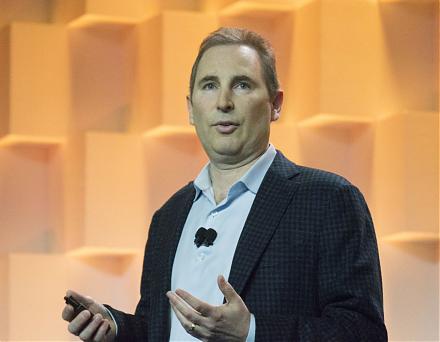
Stock Synopsis: With a new Python program, we use, adapt, apply, and leverage each of the mainstream Gemini Gen AI models to conduct this comprehensive fund
2018-02-27 09:35:00 Tuesday ET
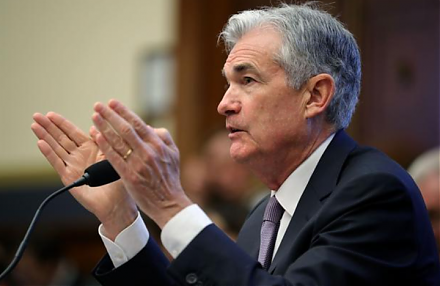
Fed's new chairman Jerome Powell testifies before Congress for the first time. He vows to prevent price instability for U.S. consumers, firms, and finan
2021-08-01 07:26:00 Sunday ET
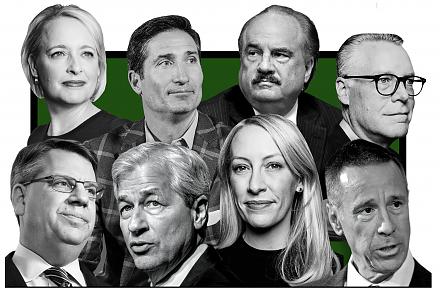
The Biden administration launches economic reforms in fiscal and monetary stimulus, global trade, finance, and technology. President Joe Biden proposes s
2018-11-23 09:39:00 Friday ET
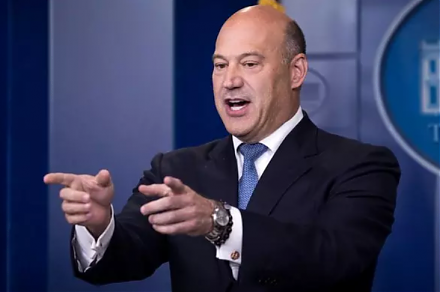
Former White House chief economic advisor Gary Cohn points out that there is no instant cure for the Sino-U.S. trade dilemma. After the U.S. midterm electio
2021-02-01 10:19:00 Monday ET
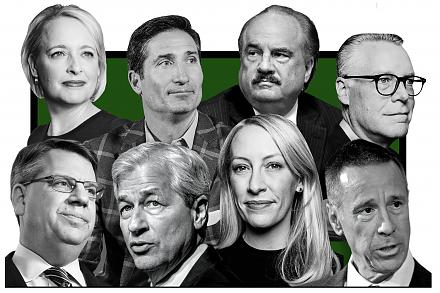
In recent times, the International Monetary Fund (IMF) predicts that the fiscal-debt-to-GDP ratio of most rich economies would rise from 95% in 2018 to 135%